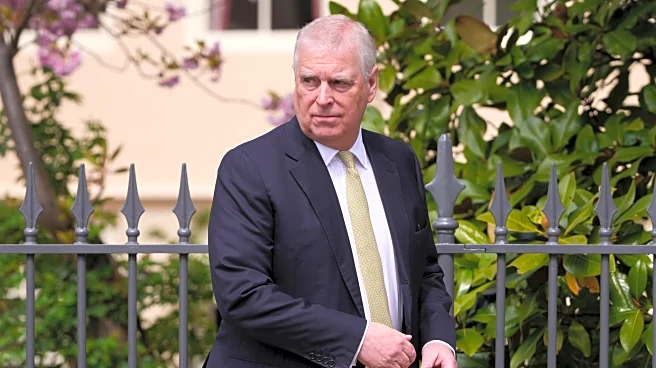Rapid Read • 8 min read
The global water crisis continues to affect billions, with 2.2 billion people lacking access to safe water. The Centers for Disease Control and Prevention (CDC) highlights water as a crucial resource for sustaining ecosystems. Communities need clean water for various reasons, including sustainable development, socioeconomic growth, energy and food production, health, and survival. The United Nations has set Sustainable Development Goals to ensure access to clean water by 2030. However, many communities still face challenges, such as women and children spending hours collecting water, which impacts their education and economic opportunities. Unsafe water contributes to millions of deaths annually, particularly in low-income regions.
AD
Access to clean water is vital for community development and health. It reduces poverty by enabling economic growth and improving education opportunities. Clean water is essential for food production and energy, preventing the use of contaminated water that leads to diseases. Health risks from unsafe water are significant, with millions dying from water-related illnesses each year. Ensuring clean water access can improve public health, reduce healthcare costs, and enhance quality of life. Communities with clean water can thrive mentally and spiritually, fostering hope and resilience.
Efforts to expand clean water access are ongoing, with organizations working to provide sustainable solutions. The focus is on meeting the UN's Sustainable Development Goals by 2030, which requires increased investment in infrastructure and governance. Communities and governments must collaborate to address water scarcity and improve sanitation. Continued advocacy and support are crucial to achieving universal access to clean water, which will require overcoming economic and logistical challenges.
The lack of clean water access has ethical and cultural implications, affecting marginalized groups disproportionately. Women and children bear the brunt of water collection duties, impacting their social and economic status. Addressing water access is not only a health issue but also a matter of social justice, requiring a holistic approach that considers cultural and societal factors.
AD
More Stories You Might Enjoy












